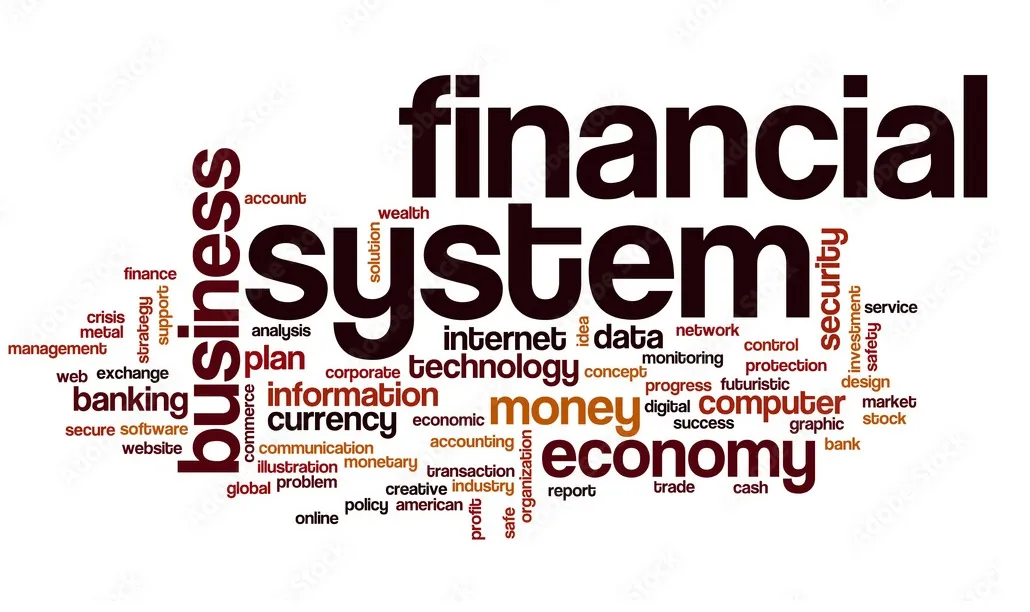We hear a lot about the financial system and how crypto is going to solve this. Unfortunately, there is a lot of noise out there, often driven by ideology and beliefs systems that tend not to be entirely accurate.
There is little doubt that, for the majority of the global population, the present financial system does not work. This might be less evident in developed countries but proceeds to obviously when looking at the developing world.
Even within the first world nations, the majority are displaced when it comes to the financial arena. Sure, we have some basic services which we can utilize yet the juicy stuff, well that is not for us.
Of course, this is by design. When we look at the two major problems with the system, we can see why this is.

Two Major Problems With The Financial System That Crypto Solves
The first issue with the financial system is that it lacks inclusion.
My guess is that, of the 9 billion people on the planet, only 2 billion can truly engage in a vast amount of financial activities. This is more than simply being unbanked (or underbanked). The average person in developed countries in limited to what he or she can engage in.
This number really declines when we start to move up the financial ladder. As we do this, we can see how the total could reach only a couple hundred million. For example, in the United States, there is the "accredited investor" law which excludes most people from a majority of opportunities (usually the ones that offer the greatest potential return).
Most private equity offerings are unavailable to those within the United States. Even crypto, through retirement accounts, was off limits, removing the bulk of most people's money for potential entry.
It was only when ETFs were approved could these accounts gain any exposure. Which brings us to the second problem.
Financial Intermediaries and Extraction
The other major issue is extractor.
We have a financial system that has many layers of rent-seekers. There are financial intermediaries who are taking a sliver off each transaction, increasing the costs across the board. At the same time, the service provided is often automated, meaning the banks are extracting financial resources from the system without putting much in.
This is something that was honed over the decades. We have a system where political clout is a major component in the equation. The banks have one of the stronger lobbies in the US, a fact that is likely mirrored in most countries.
Even with crypto, we see the hijacking by Wall Street. Bitcoin exposure could be gain by most people only after the banks have placed themselves are intermediaries. Blackrock is making bank off the Bitcoin and Ethereum ETFs they offer.
Obviously allowing people to get exposure is better than not, but the path shows how crypto is used to keep the established system afloat.
Solving Both Problems
The solution to both of these problems is crypto. Long-term, my forecast is the banks are cooked. That said, we will go through a decade (or more) with this hybrid system.
Crypto is inclusionary. Contrary to the Bitcoin maxis, that is not the solution. Fixed money always pools.
The difference with crypto as a whole is the ability to create money resides with anyone. Expansion can continue, coming from anywhere. The banks no longer has a monopoly on the expansion of the money supply.
This means that financial services can follow. Unlike the present Wall Street driven system, developers can build applications that provide services tied to different cryptocurrencies. This cannot be done (legally) with things such as the US dollar. Naturally, governments are going to do their best to reign this in which is why decentralization is crucial.
Blockchain removes the need for as many financial intermediaries. Couple this with DeFi, we can see how a system that decreases the friction is upon us. The banks are looking to leverage this for their gain, still operating as the rent-seekers they are.
Eventually, this will be bypassed. Few appreciate the power of a digital wallet. This replaces the needs for the services banks provide to 90% of the people. Most use a bank to send, receive, and store money. That is the extent to which they use these institutions. That means a digital wallet could replace their banking entity.
Once that layer is in place, applications take over. This is no different than what we see. What stands out is the fact that, presently, it is the banks that build the apps and people go through them. This carries a cost.
With DeFi, an application is put out there, often open source, with very low fees. Friction is minimized and the operations are done without a singular point of control. Even if a centralized entity exists behind the application, it can often be easily duplicated with a new piece of software.
When people talk about a new financial system, we need to take that to mean on that is inclusionary for the entire global population and reduces the intermediaries to near zero.
Right now, we are a long way from that outcome but crypto does offer a lot of hope. It solves these two problems.